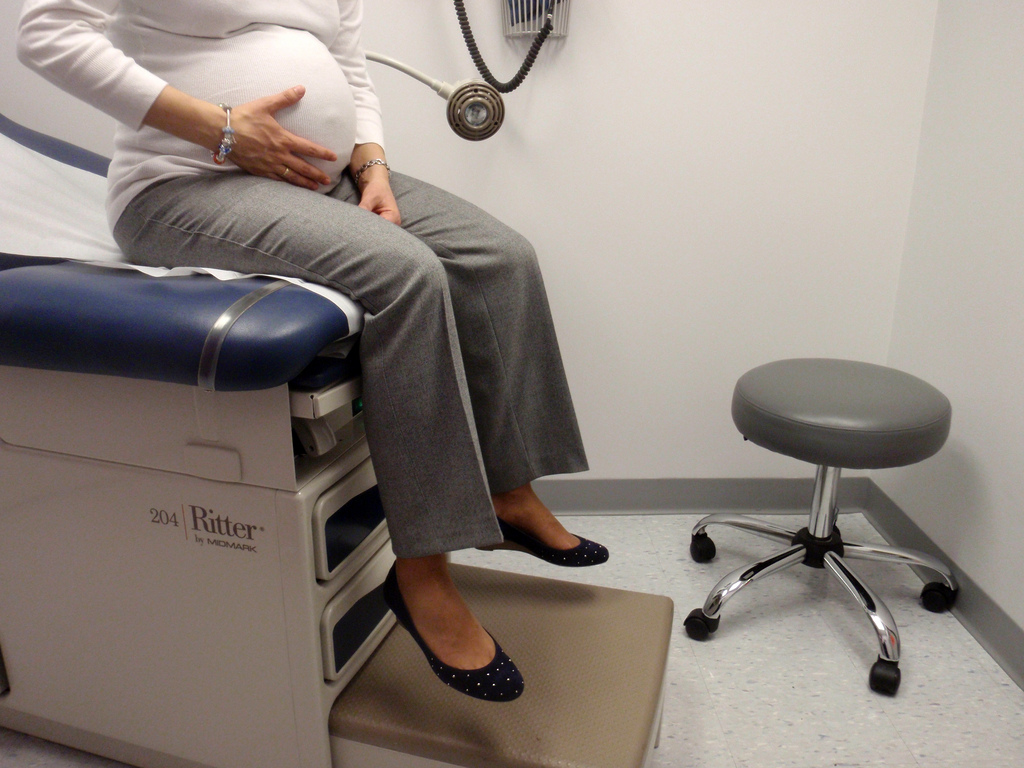Definition Of “Worker” under EU Law – Self Employed and Agency worker Mothers on maternity
Following a lengthy court battle the Supreme Court of the United Kingdom requested a preliminary ruling under Article 267 TFEU by a decision dated the 31st October 2012;
see case Saint Prix v Secretary of Sate for Work and Pension 2013 UKSC and the YouTube video below.
Summary of the case’s Legal issues:
The position of law has been that an EEA National woman who becomes pregnant and takes time off work to give birth and care for her child, retained the status of a worker if, prior to the maternity leave, she had a contract of employment, has this contract throughout the maternity period and goes back to work after this period. Such a mother would then be regarded to have been working throughout. This is an important aspect for an EEA National, who needs to be legally residing in another EU country, and means that such a person or their Non-EU family member can apply for a residence card or top-up welfare benefits. So, so far makes sense, right?
However, as we all know, things are not always so simple and the issue that arose in this case was; “What happens to those who are self employed or working for an agency, who don’t have any contract of employment during this period?”
Why is this important? Well, this would determine the EEA mother’s entitlement to income support, a non-contributory, means-tested benefit, as well as the Non-EEA family member’s right to a residence card, especially a permanent resident card, for which the EU National must have remained a qualified person through the 5 year period.
The Secretary of State in this case had argued that such mothers were not workers and would therefore not be regarded as living in the UK in accordance with the EU law (meaning that they are not entitled to benefits or even a residence card for themselves and their family during this time). The claimant on the other hand argued that this couldn’t be so, as this would be discriminative and against the spirit of the European Union, which protects, among other things, equality and women rights.
The Supreme Court which considered the issue deemed it fit to refer it, for, unconvinced with either side’s arguments, asked for clarification from the European Court on what the position would be in terms of a definition of a worker of :
“Woman who reasonably gives up work, or seeking work, because of the physical constraints of the late stages of pregnancy (and the aftermath of childbirth)?”
JUDGMENT OF THE COURT (First Chamber) -19 June 2014
(Reference for a preliminary ruling — Article 45 TFEU — Directive 2004/38/EC — Article 7 — ‘Worker’ — Union citizen who gave up work because of the physical constraints of the late stages of pregnancy and the aftermath of childbirth) In Case C‑507/12,
Well, the European Court has come back with a ruling which is loud and clear in protecting the right of such mother. In its ruling stated:
Article 45 TFEU must be interpreted as meaning that a woman who gives up work, or seeking work, because of the physical constraints of the late stages of pregnancy and the aftermath of childbirth retains the status of ‘worker’, within the meaning of that article, provided she returns to work or finds another job within a reasonable period after the birth of her child.
This is a great win for families, especailly EEA woman and their Non-EEA family members who are looking to apply for permanent residence when, during the five year period, the EEA national was self employed or working for an agency and had taken time off to give brith and to care for the chid before returning to work.
If you have been affected by this issue or any other UK immigration matter, please contact Tito, a UK Immigration and Human Rights Solicitor for a Free Initial Consultation about your legal options – it’s free! Call 07544 669131 Or on Skype: tito.mbariti.

